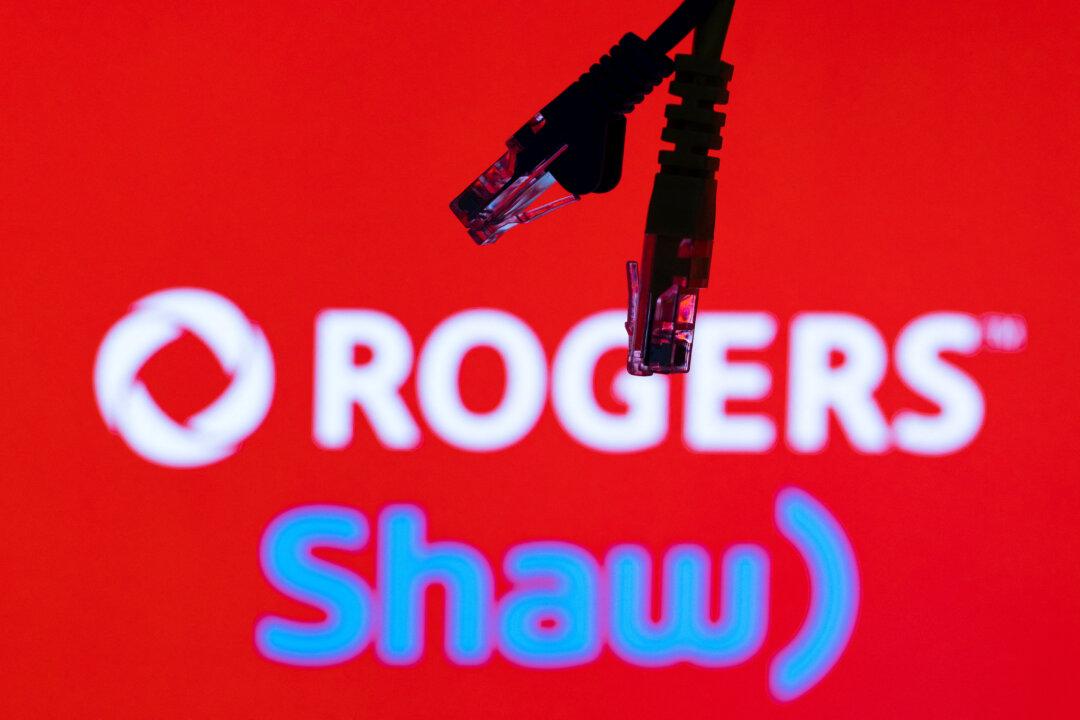Industry Minister François-Philippe Champagne has approved Rogers Communications Inc.’s $26 billion buyout of Shaw Communications Inc. with a number of conditions.
Champagne’s approval of the buyout on March 31 ends the process of the Rogers-Shaw deal moving through various regulatory hurdles after it was initially announced over two years ago.





